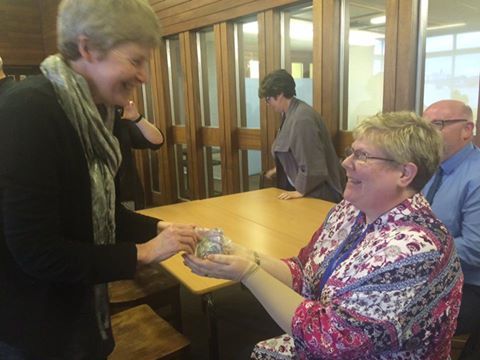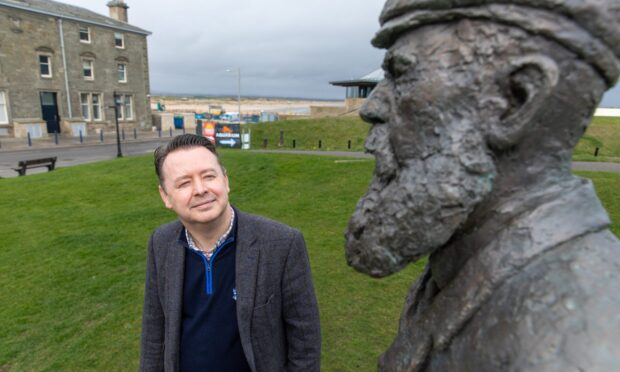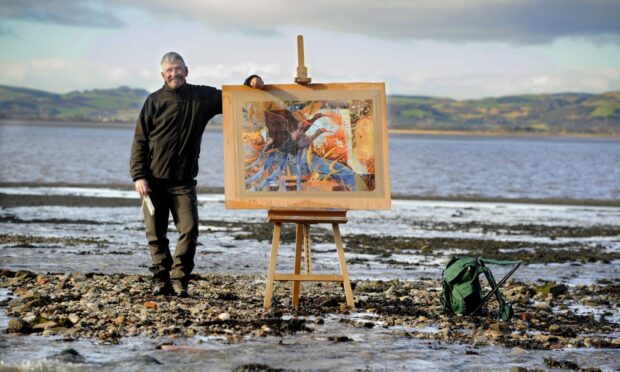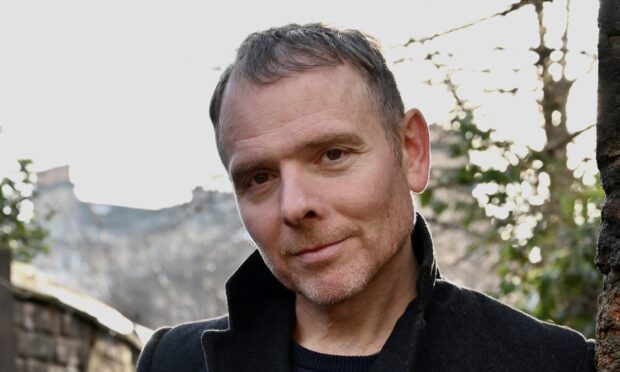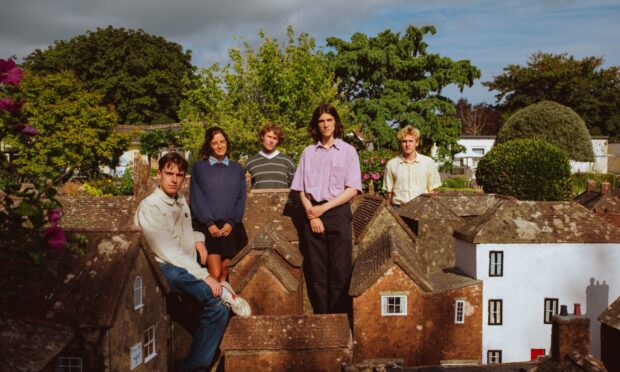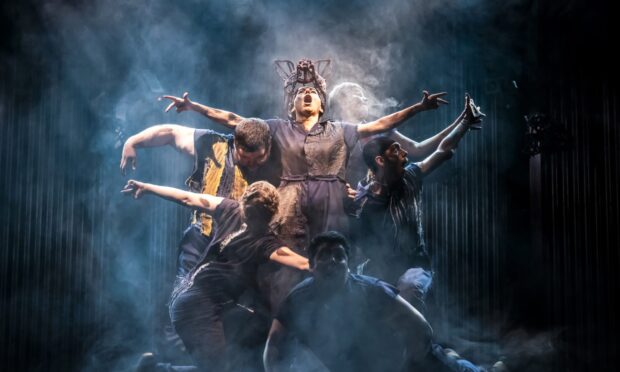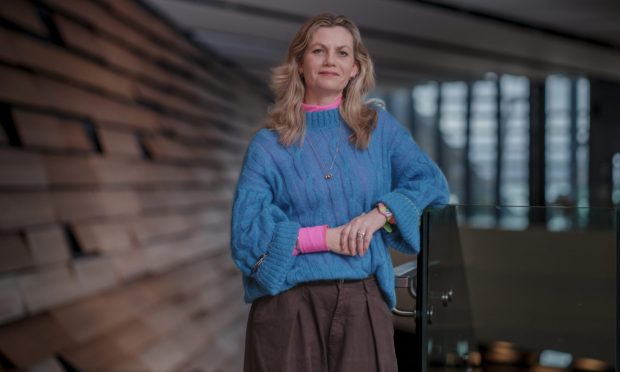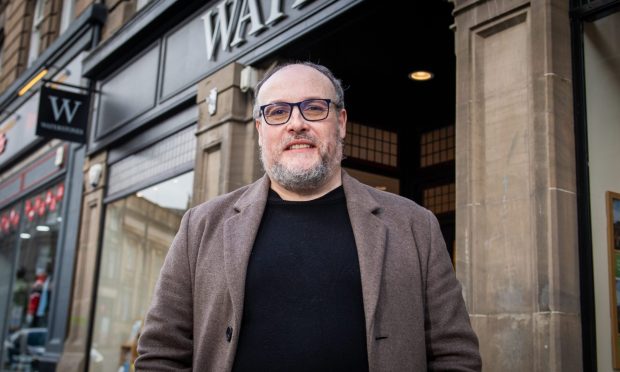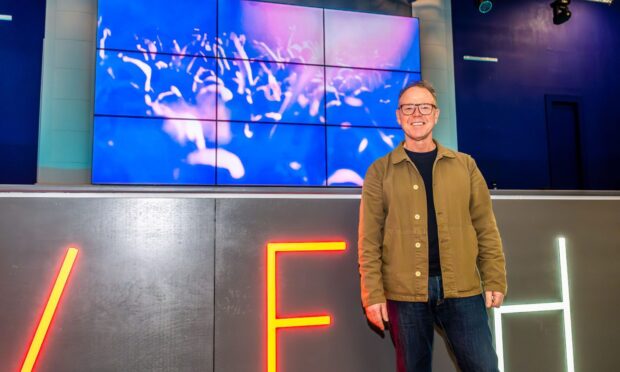I was working in the third sector, supporting charities, but when I came to Dundee, It was in the middle of the recession , so I decided to start something up to help with the symptoms of a recession.
I started Along Came Kirsty, a business that supports and advises charities, social enterprises and small businesses, on how to be strategic, how to fundraise and how to be effective.
It’s a Community Interest Company and it’s something I wanted to do because I wanted to make a difference. I wanted to do something in Dundee that would help people.
The Circle was the next stage of my work. It launched earlier this year and immediately it has become a hub for the community – and a place for charities, social enterprises, community groups and socially aware businesses – to come and learn from each other, to exchange ideas and be supportive and supported.
I wanted to do something in the Circle that would help raise funds and raise the profile of worthwhile projects for charities. I’d read about Detroit Soup and loved the idea – especially coming from one of our sister UNESCO Cities of Design. Essentially Detroit Soup designed a new way of fundraising, and it seemed like an exciting idea.
There wasn’t much money in Detroit then – it had been America’s Motor City and had suffered huge job losses. So the Soup was a new way of raising money, but most importantly, of bringing people and ideas together.
Everybody who comes pays $5 (£5 here in Dundee) and gets soup and a sandwich. Social enterprises and charities then pitch, in a fun and informative way, and the audience puts the name of their favourite pitch into an empty (and clean!) soup bowl at the end. The winning idea gets the money.
The money and the pitching is of course, the heart of the idea. But for me the element of social design – of letting the community decide where the money would go, was equally important. It’s a different way of raising money for local causes – there are no forms to fill in, no massive justification for the money. That can be very off-putting for small charities, so this is a perfect way for them to bring in a little extra cash without expending much time on bureaucracy.
There is also a difference in the accountability of the projects. Instead of answering to national funders, the charities and social enterprises are answering to their local communities, so the evidence shows that they use the money in a meaningful and responsible way.
It allows the community to take ownership of the funds, to pick the cause that is closest to their needs and wants, and that is great social design.
Since it launched in Detroit, the idea has taken off and they now happen in pockets across the UK. Our first Dundee Soup was in April and we had ten applications. The four that eventually pitched included an idea about Dressed Herring – a very local speciality! The winner was LifeGate, a group who do Tea Dances for the elderly – they are so important as they bring people together, for fun and socialising. Loneliness is a huge issue for older generations, so the work that LifeGate do is really important.
They won the prize – £188 – which they’ll use to bring people to the Tea Dances on minibuses. The most heartening thing was that the genrerosity wasn’t just financial – people volunteered to drive the elderly to tea Dances on behalf of Life Gate, some offered their services in other ways. And one member of the audience matched the funding that was offered to LifeGate to one of the other ideas that was pitched, Uppertunity.
The event brought people together in a new way. Everyone felt invested in the charities work and their future. That’s community at its very best.
Kirsty Thomson is managing director of community interest company Along Came Kirsty.
